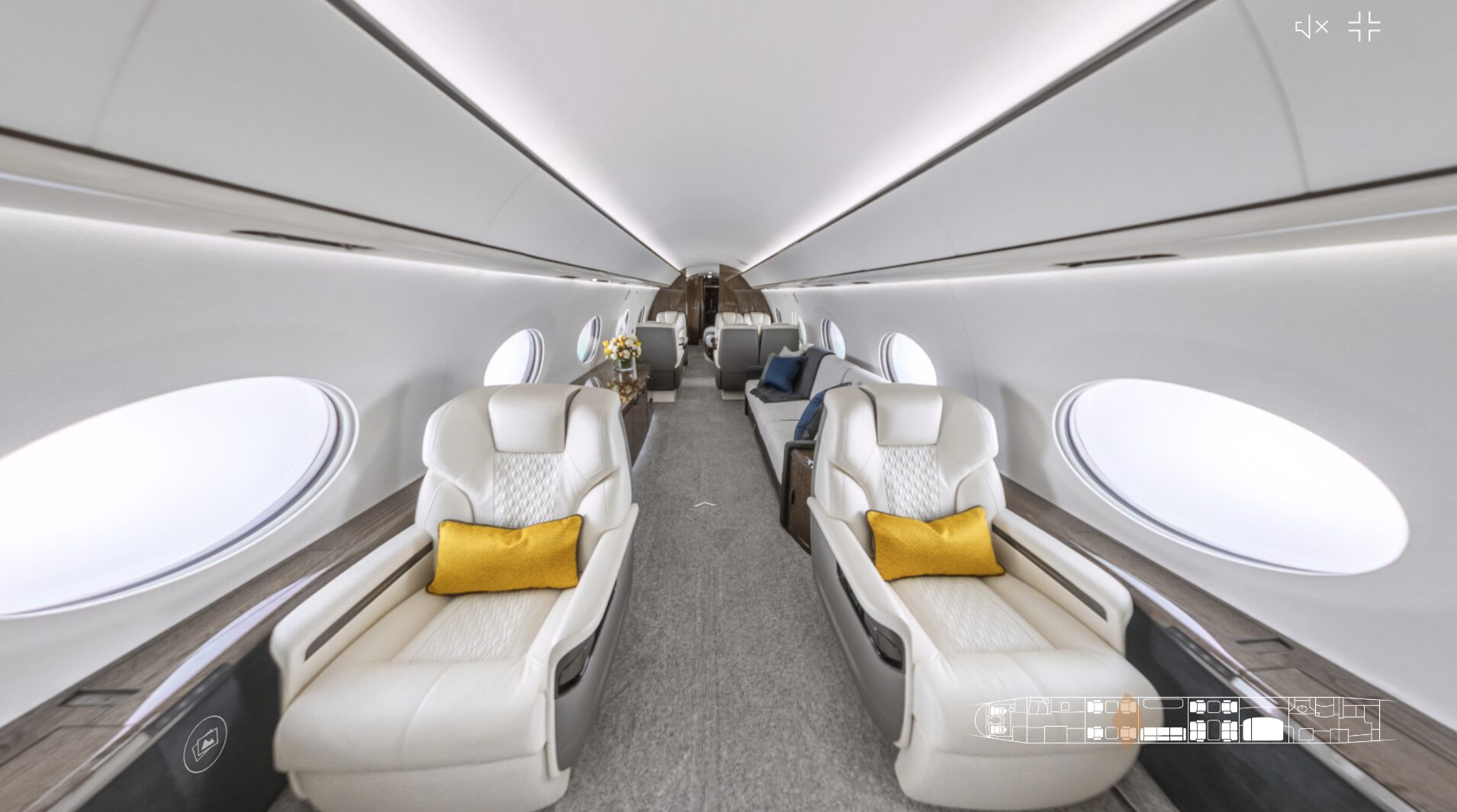
Jeff Bezos, the third-richest person in the world and a part-time resident of Maui, has recently acquired a Gulfstream G700 private jet valued at over $75 million. This luxurious aircraft boasts a range of over 7,500 nautical miles and a top speed of Mach 0.925, allowing him to travel to Maui with ease and comfort. In stark contrast, typical travelers to Hawaii face crowded airports and cramped economy seats, highlighting the growing disparities in travel experiences [517e38e6].
The average trip to Hawaii represents a significant financial commitment for families, often requiring careful budgeting and planning. Meanwhile, Bezos' jet emits an astonishing 264 tons of CO2 in just over a month, which is 17 times the annual emissions of the average American. This raises serious concerns about economic inequality and environmental impact, as ultra-wealthy visitors like Bezos contribute to the local economy but also strain resources [517e38e6].
The ongoing anti-tourism movement globally has further complicated the situation, as communities grapple with the effects of mass tourism on local infrastructure and housing markets. In Spain, for example, the government is limiting listings on short-stay rental sites, while Venice has implemented a tourist tax. Local officials near Mount Fuji have introduced a tax and daily visitor caps to manage the influx of tourists [efccd856].
As tourism approaches pre-pandemic levels, the Sahm Rule indicates that the U.S. may be nearing a recession, which could impact travel spending. Federal Reserve Chairman Jerome Powell is expected to face scrutiny from lawmakers in his upcoming public address, adding another layer of uncertainty to the economic landscape [efccd856].
In the entertainment sector, Paramount Global's acquisition by Skydance for $8 billion is expected to lead to job cuts after the deal closes, reflecting broader trends in the economy [efccd856].